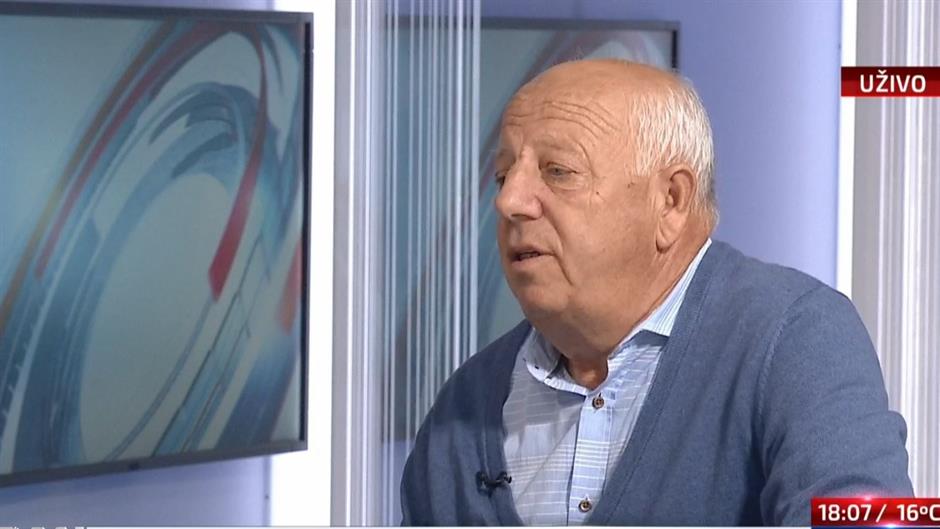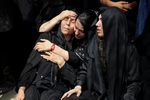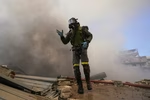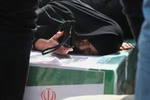Visegrad survivor: True humans forgive, reconcile

The 26th anniversary of mass murders of Bosniaks in the eastern Bosnian town of Visegard will be marked on Wednesday, June 27. Huso Kurspahic, who had lost nine members of his family there, said the only thing he hoped for was burying their missing remains so he could find peace.
Oglas
According to the court documents of the International Criminal Tribunal for Yugoslavia (ICTY), some 3,000 Bosniaks were killed in the mass murders in Visegrad and its surrounding areas during the 1990s conflict in Bosnia, including hundreds of women and children.
Kurspahic's family members were killed in June 1992, in a house in Visegrad's Pionirska Street, together with dozens of Bosniak civilians. The location, where their mortal remains were disposed of, remains unknown to date.
“It's the same every year, nothing new. Unfortunately, it's been repeating for 26 years. It is exhausting, it's a long period of time. Uncertainty is still here, but when you come to the house where it all happened, it is something else. You go back over, you see all those people, friends, acquaintances,” Kurspahic said for N1.
Oglas
In 2009, the ICTY convicted Milan Lukic and Sredoje Lukic for war crimes in Visegrad, finding Milan Lukic among other crimes responsible for the murder of the Bosniak civilians in the burning house.
Kurspahic used to be acquainted with one of the convicts.
“Sredoje Lukic was sentenced to 27 years in prison, he was my colleague. They were captured, and I released all 12 of them from detention, and it all happened after they were set free,” Kurspahic, who is a former police officer, described the events from the early 1990s in Visegrad.
“I had 27 Serbs at the Police Precinct Visegrad, they were good people and young men. I am sad nobody finds it appropriate to say where are the bones, at least one bone. It's a small town, mutual relations used to be very good and now nobody comes to say where are the bones. True humans forgive, reconcile and build coexistence,” said Kurspahic, who is still searching for the missing remains of his family members.
Oglas
Only a few days before the anniversary, French authorities extradited Bosnian national Radomir Susnjar, a war crime suspect charged with the Visegrad crimes. Bosnia's Prosecutor's Office issued an indictment against Susnjar in 2017, charging him with breaching the Geneva Convention on Protection of Civilian Persons in Time of War.
Kakvo je tvoje mišljenje o ovome?
Učestvuj u diskusiji ili pročitaj komentare
Oglas
Kakvo je tvoje mišljenje o ovome?
Učestvuj u diskusiji ili pročitaj komentare
Oglas





 Srbija
Srbija
 Hrvatska
Hrvatska
 Slovenija
Slovenija



























































